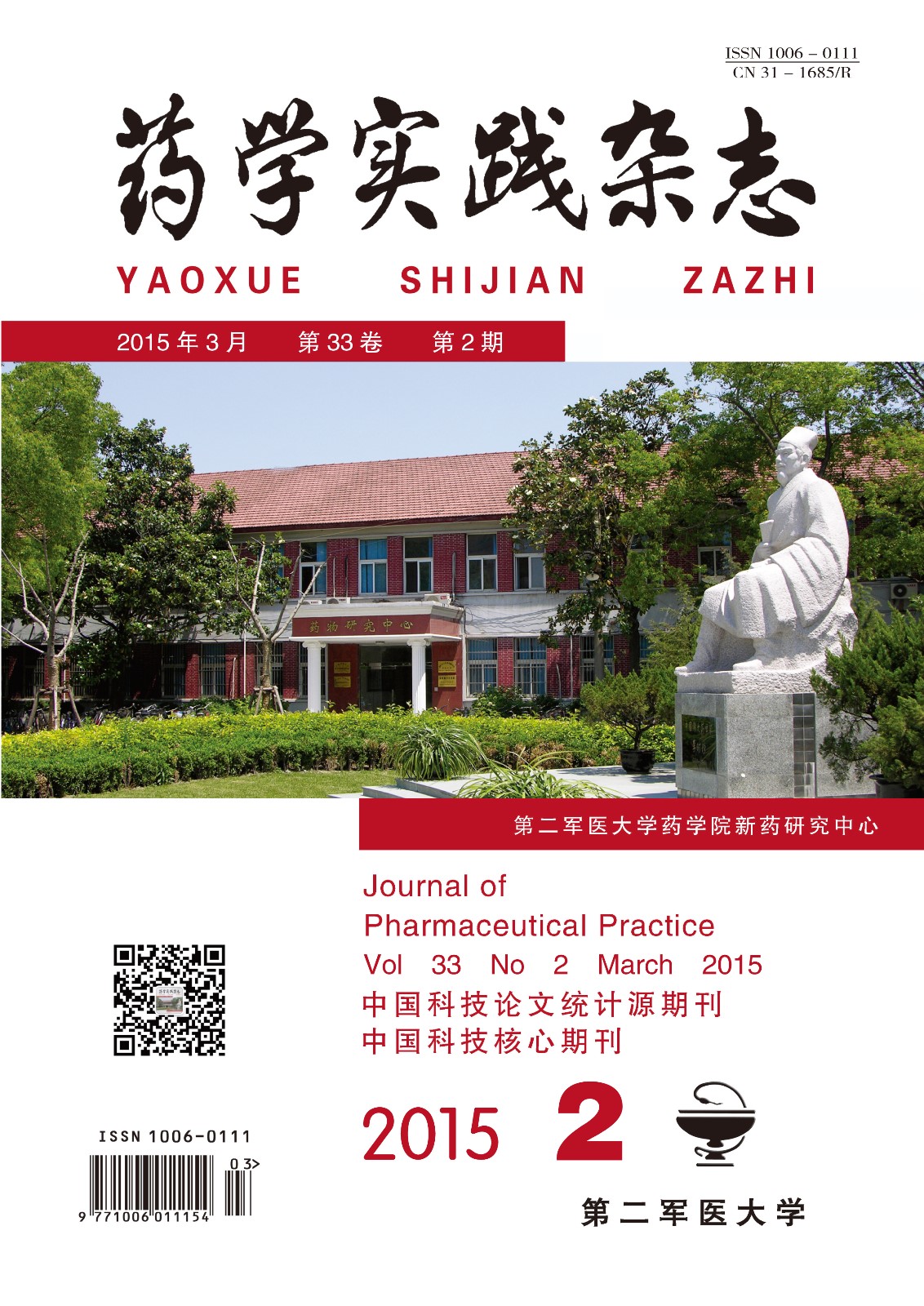|
[1]
|
Thompson RH, Kwon ED. Significance of B7-H1 overexpression in kidney cancer[J].Clin Genitourin Cancer,2006,5(3),206-211. |
|
[2]
|
Zitvogel L, Tesniere A, Kroemer G. Cancer despite immunosurveillance: immunoselection and immunosubversion[J]. Nat Rev Immunol,2006,6(10):715-727. |
|
[3]
|
Gabrilovich DI, Nagaraj S. Myeloid-derived suppressor cells as regulators of the immune system[J]. Nat Rev Immunol,2009,9(3):162-174. |
|
[4]
|
Colombo MP, Piconese S. Regulatory-T-cell inhibition versus depletion: the right choice in cancer immunotherapy[J]. Nat Rev Cancer,2007,7(11):880-887. |
|
[5]
|
Curiel TJ, Coukos G, Zou L, et al. Specific recruitment of regulatory T cells in ovarian carcinoma fosters immune privilege and predicts reduced survival[J]. Nat Med,2004,10(9):942-949. |
|
[6]
|
Sakaguchi S, Sakaguchi N, Asano M, et al. Immunologic self-tolerance maintained by activated T cells expressing IL-2 receptor alpha-chains (CD25). Breakdown of a single mechanism of self-tolerance causes various autoimmune diseases[J]. J Immunol,1995,155(3):1151-1164. |
|
[7]
|
曾益新,吕有勇,朱明华,等.肿瘤学[M].3版. 北京:人民卫生出版社,2012:281-282. |
|
[8]
|
North RJ. Cyclophosphamide-facilitated adoptive immunotherapy of an established tumor depends on elimination of tumor-induced suppressor T cells[J]. J Exp Med,1982,155(4):1063-1074. |
|
[9]
|
Sharabi A, Ghera NH. Breaking tolerance in a mouse model of multiple myeloma by chemoimmunotherapy[J]. Adv Cancer Res,2010,107:1-37. |
|
[10]
|
Wada S, Yoshimura K, Hipkiss EL, et al. Cyclophosphamide augments antitumor immunity: studies in an autochthonous prostate cancer model[J]. Cancer Res,2009,69(10):4309-4318. |
|
[11]
|
Ghiringhelli F, Larmonier N, Schmitt E, et al. CD4+CD25+ regulatory T cells suppress tumor immunity but are sensitive to cyclophosphamide which allows immunotherapy of established tumors to be curative[J]. Eur J Immunol,2004,34(2):336-344. |
|
[12]
|
Chen G, Emens LA. Chemoimmunotherapy: reengineering tumor immunity[J]. Cancer Immunol Immunother,2013,62(2):203-216. |
|
[13]
|
Nizar S, Copier J, Meyer B, et al. T-regulatory cell modulation: the future of cancer immunotherapy?[J]. Br J Cancer,2009,100(11):1697-1703. |
|
[14]
|
Ghiringhelli F, Menard C, Puig PE, et al. Metronomic cyclophosphamide regimen selectively depletes CD4+CD25+ regulatory T cells and restores T and NK effector functions in end stage cancer patients[J]. Cancer Immunol Immunother,2007,56(5):641-648. |
|
[15]
|
Zhang L,Dermawan K,Jin M,et al.Differential impairment of regulatory T cells rather than effector T cells by paclitaxel-based chemotherapy[J].Clin Immunol,2008,129(2):219-229. |
|
[16]
|
Liu N, Zheng Y, Zhu Y, et al. Selective impairment of CD4+CD25+Foxp3(+) regulatory T cells by paclitaxel is explained by Bcl-2/Bax mediated apoptosis[J]. Int mmunopharmacol,2011,11(2):212-219. |
|
[17]
|
Garnett CT, Schlom J, Hodge JW. Combination of docetaxel and recombinant vaccine enhances T-cell responses and antitumor activity: effects of docetaxel on immune enhancement[J]. Clin Cancer Res,2008,14(11):3536-3544. |
|
[18]
|
Reinartz S, Pfisterer J, du Bois A, et al. Suppressive activity rather than frequency of FoxP3(+) regulatory T cells is essential for CA-125-specific T-cell activation after abagovomab treatment[J]. Hum Immunol,2010,71(1):36-44. |
|
[19]
|
Banissi C, Ghiringhelli F, Chen L, et al. Treg depletion with a low-dose metronomic temozolomide regimen in a rat glioma model[J]. Cancer Immunol Immunother,2009,58(10):1627-1634. |
|
[20]
|
Ridolfi L, Petrini M, Granato AM, et al. Low-dose temozolomide before dendritic-cell vaccination reduces (specifically) CD4+CD25+Foxp3(+) regulatory T-cells in advanced melanoma patients[J]. J Transl Med,2013,11:135. |
|
[21]
|
Correale P, Cusi MG, Tsang KY, et al. Chemo-immunotherapy of metastatic colorectal carcinoma with gemcitabine plus FOLFOX 4 followed by subcutaneous granulocyte macrophage colony-stimulating factor and interleukin-2 induces strong immunologic and antitumor activity in metastatic colon cancer patients[J]. J Clin Oncol,2005,23(35):8950-8958. |
|
[22]
|
Galustian C, Meyer B, Labarthe MC, et al. The anti-cancer agents lenalidomide and pomalidomide inhibit the proliferation and function of T regulatory cells[J]. Cancer Immunol Immunother,2009,58(7):1033-1045. |
|
[23]
|
Ostrand-Rosenberg S, Sinha P. Myeloid-derived suppressor cells: linking inflammation and cancer[J]. J Immunol,2009,182(8):4499-4506. |
|
[24]
|
Vincent J, Mignot G, Chalmin F, et al. 5-Fluorouracil selectively kills tumor-associated myeloid-derived suppressor cells resulting in enhanced T cell-dependent antitumor immunity[J]. Cancer Res,2010,70(8):3052-3061. |
|
[25]
|
Kodumudi KN, Woan K, Gilvary DL, et al. A novel chemoimmunomodulating property of docetaxel: suppression of myeloid-derived suppressor cells in tumor bearers[J]. Clin Cancer Res,2010,16(18):4583-4594. |
|
[26]
|
Kodumudi KN, Weber A, Sarnaik AA, et al. Blockade of myeloid-derived suppressor cells after induction of lymphopenia improves adoptive T cell therapy in a murine model of melanoma[J]. J Immunol,2012,189(11):5147-5154. |
|
[27]
|
Michels T, Shurin GV, Naiditch H, et al. Paclitaxel promotes differentiation of myeloid-derived suppressor cells into dendritic cells in vitro in a TLR4-independent manner[J]. J Immunotoxicol,2012,9(3):292-300. |
|
[28]
|
Alizadeh D, Trad M, Hanke NT, et al. Doxorubicin eliminates myeloid-derived suppressor cells and enhances the efficacy of adoptive T-cell transfer in breast cancer[J]. Cancer Res,2014,74(1):104-118. |
|
[29]
|
Mikysková R, Indrová M, Vlková V, et al. DNA demethylating agent 5-azacytidine inhibits myeloid-derived suppressor cells induced by tumor growth and cyclophosphamide treatment[J]. J Leukoc Biol,2014,95(5):743-753. |
|
[30]
|
Mikysková R, Indrová M, Pollaková V, et al. Cyclophosphamide-induced myeloid-derived suppressor cell population is immunosuppressive but not identical to myeloid-derived suppressor cells induced by growing TC-1 tumors[J]. J Immunother,2012,35(5):374-384. |







 DownLoad:
DownLoad: